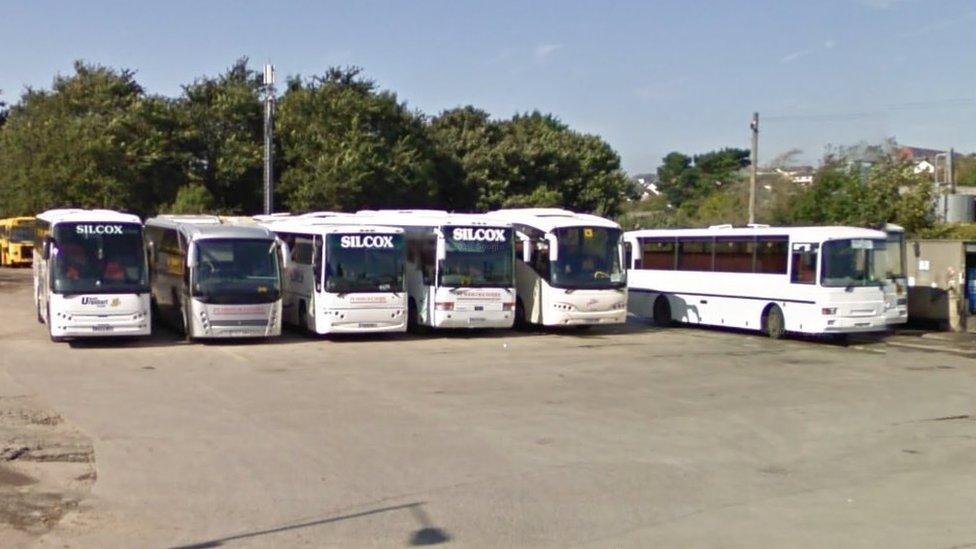Traffic jams undermining 'vital' bus services, report warns
- Published
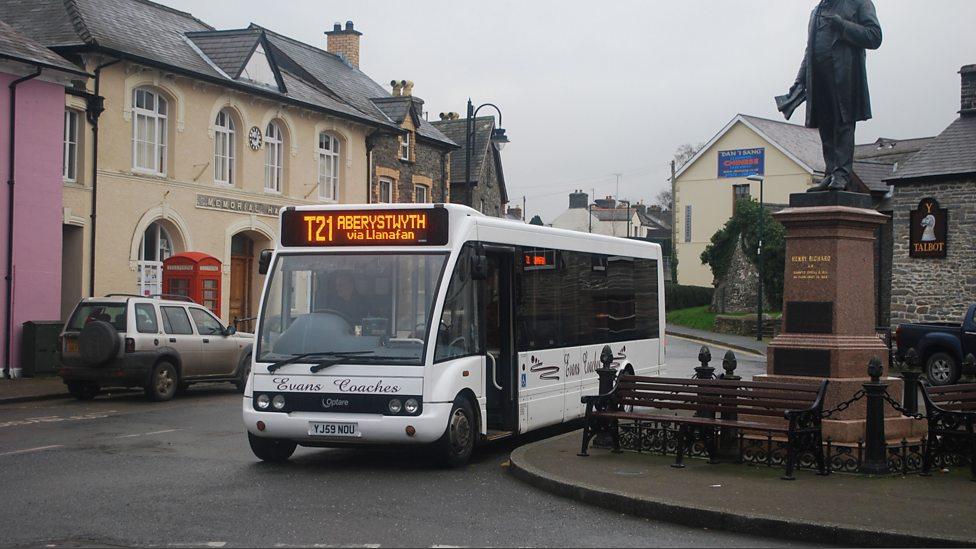
Bus services are a "vital lifeline" suffering from traffic congestion, a report by assembly members has warned.
They called on ministers to show more "political will" to tackle the issue.
Buses account for more than 80% of public transport in Wales but the economy committee said speeds were declining faster than other forms of transport.
The Welsh Government said it had put in place measures to tackle the "significant challenge" of congestion.
"It is indisputable that slower journey speeds make bus travel less attractive to customers", AMs said in the report published on Friday.
"Poor service reliability is often caused by congestion along the route... it increases journey times, makes bus trips unpredictable, increases operational costs (and subsequently fares), undermines passenger confidence, and reinforces negative perceptions of the bus."
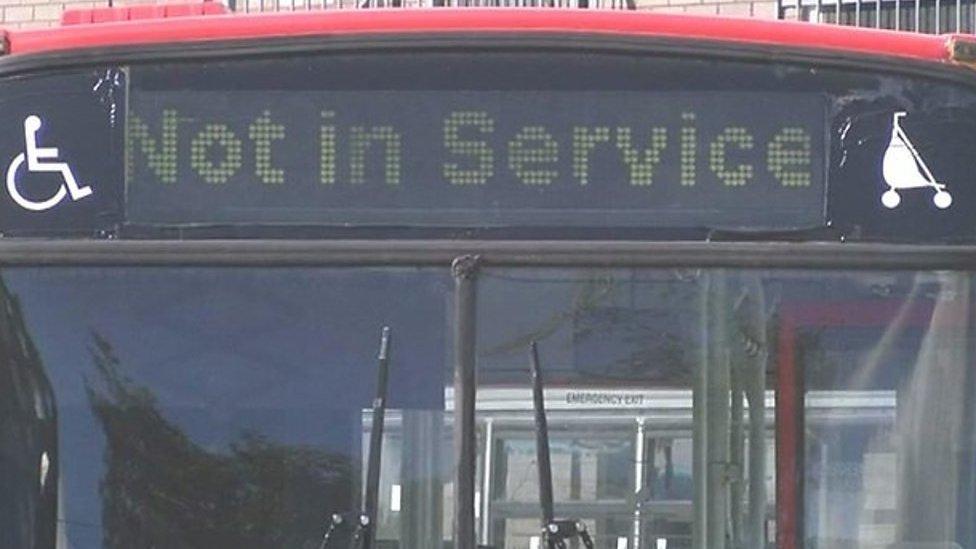
Committee chairman Conservative AM Russell George said: "At its heart, this is an issue that requires stronger political will.
"Broadly speaking, the powers, levers, and legislation are in place.
"What we need now is a Welsh Government action plan which pulls together what works, and encourages local authorities to adopt and adapt good practice."
Registered bus services in Wales have declined by nearly half over the last decade from 1,943 services in March 2005 to 1,058 in March 2015.
The number of bus passenger journeys declined by about 19% between 2008 and 2015.
The committee called on the Welsh Government to publish an action plan including:
Recognition of the scale and extent of the impacts of congestion on the bus industry in Wales and a firm commitment to tackling the issue.
How it will support local authorities to work in partnership with bus operators to develop and implement bus priority measures, including changes to funding to ensure long term, sustainable solutions.
Assessment of the full range of tools available and how useful they might be in tackling congestion's impact on Welsh bus services, e.g. park and ride schemes, congestion charging, higher parking charges, workplace parking levies, and bus priority measures.
Cardiff Bus told the committee its two biggest costs were fuel and labour, and that when traffic speeds reduce it needs more paid hours and fuel to deliver the same service.

What are bus users saying?
Commuters have reacted on Twitter with complaints that long traffic queues meant it was often quicker to walk, cycle or drive their own cars rather than take the bus.
Allow X content?
This article contains content provided by X. We ask for your permission before anything is loaded, as they may be using cookies and other technologies. You may want to read X’s cookie policy, external and privacy policy, external before accepting. To view this content choose ‘accept and continue’.
Allow X content?
This article contains content provided by X. We ask for your permission before anything is loaded, as they may be using cookies and other technologies. You may want to read X’s cookie policy, external and privacy policy, external before accepting. To view this content choose ‘accept and continue’.
Allow X content?
This article contains content provided by X. We ask for your permission before anything is loaded, as they may be using cookies and other technologies. You may want to read X’s cookie policy, external and privacy policy, external before accepting. To view this content choose ‘accept and continue’.

Richard Davies of Cardiff Bus said congestion means more vehicles are needed
Operations director Richard Davies said it had 77 buses running routes in 1999 but the same journeys now needed 92 buses - an increase of 20% - because of delays caused by congestion.
"We're going the same amount of miles, but in a longer time so we're using more fuel," he said.
"Conversely, our drivers are paid hourly and therefore if it takes us longer to undertake a journey, that means it's an extra cost to us."
Another company, Stagecoach, said "lower productivity due to slow journey speeds deters new employment, potentially reducing business rate revenues, and results in overall negative effect on local economies".
"This has a cumulative negative impact on local authority revenue budgets and expenditure on passenger transport including facilities at bus stops and stations," the firm added.
A Welsh Government spokesman said: "We have already put in place a range of measures to help tackle congestion and to help improve the punctuality of bus services, for example, to enable local authorities to adopt powers to tackle parking, bus lane and moving traffic contraventions."
He added the issue would be discussed during workshops later this year.
A series of pinch-point programmes will also look at solutions for a number of stretches on motorways and trunk roads.
John Thomas, Conservative leader of Vale of Glamorgan council, said bus services had been hit by cuts in Welsh Government grants, resulting in "the gradual decimation of large parts of our network".
- Published6 July 2017
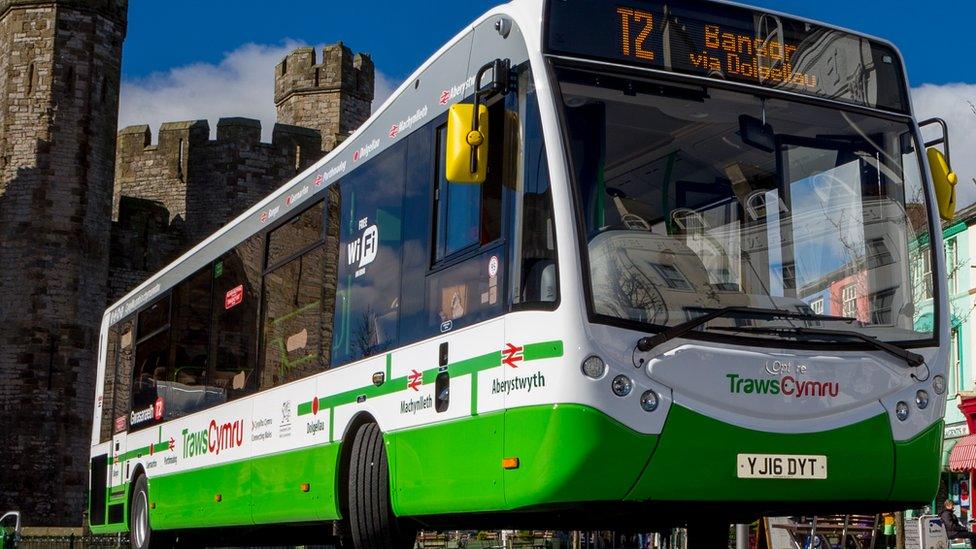
- Published23 January 2017

- Published3 March 2017
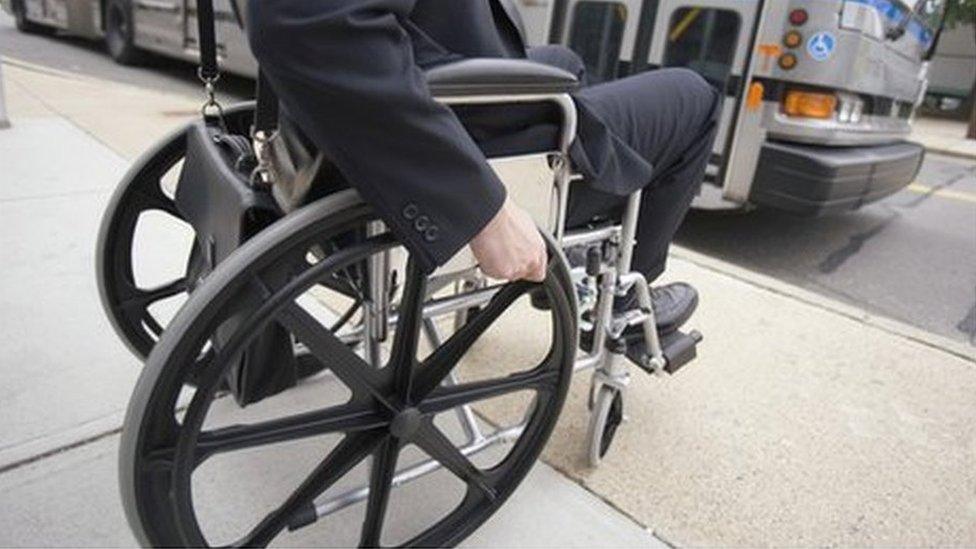
- Published9 September 2016
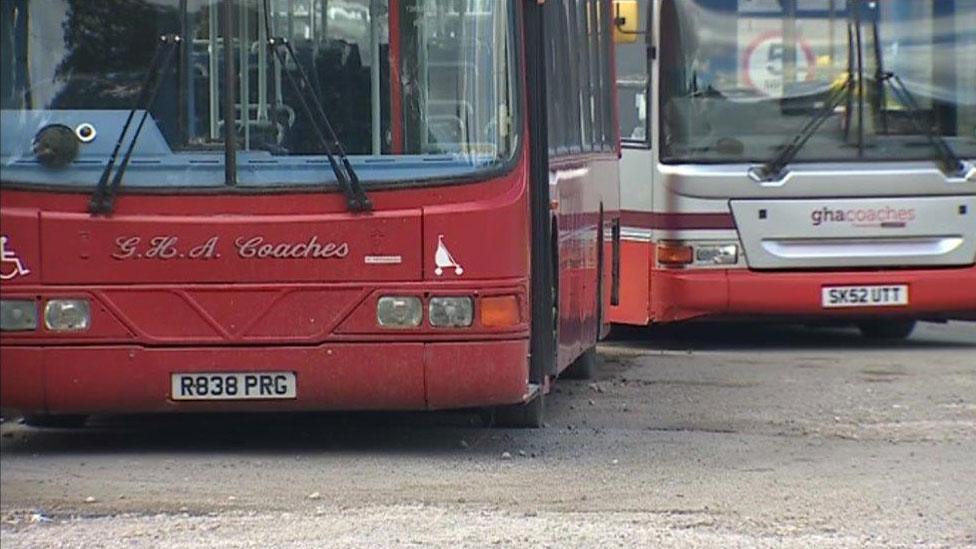
- Published2 September 2016

- Published10 August 2016
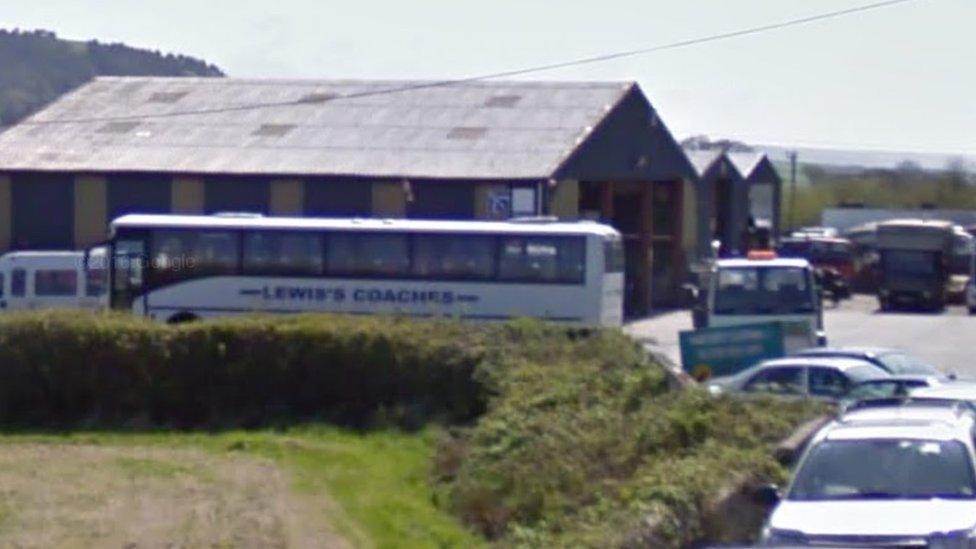
- Published9 August 2016

- Published6 June 2016
